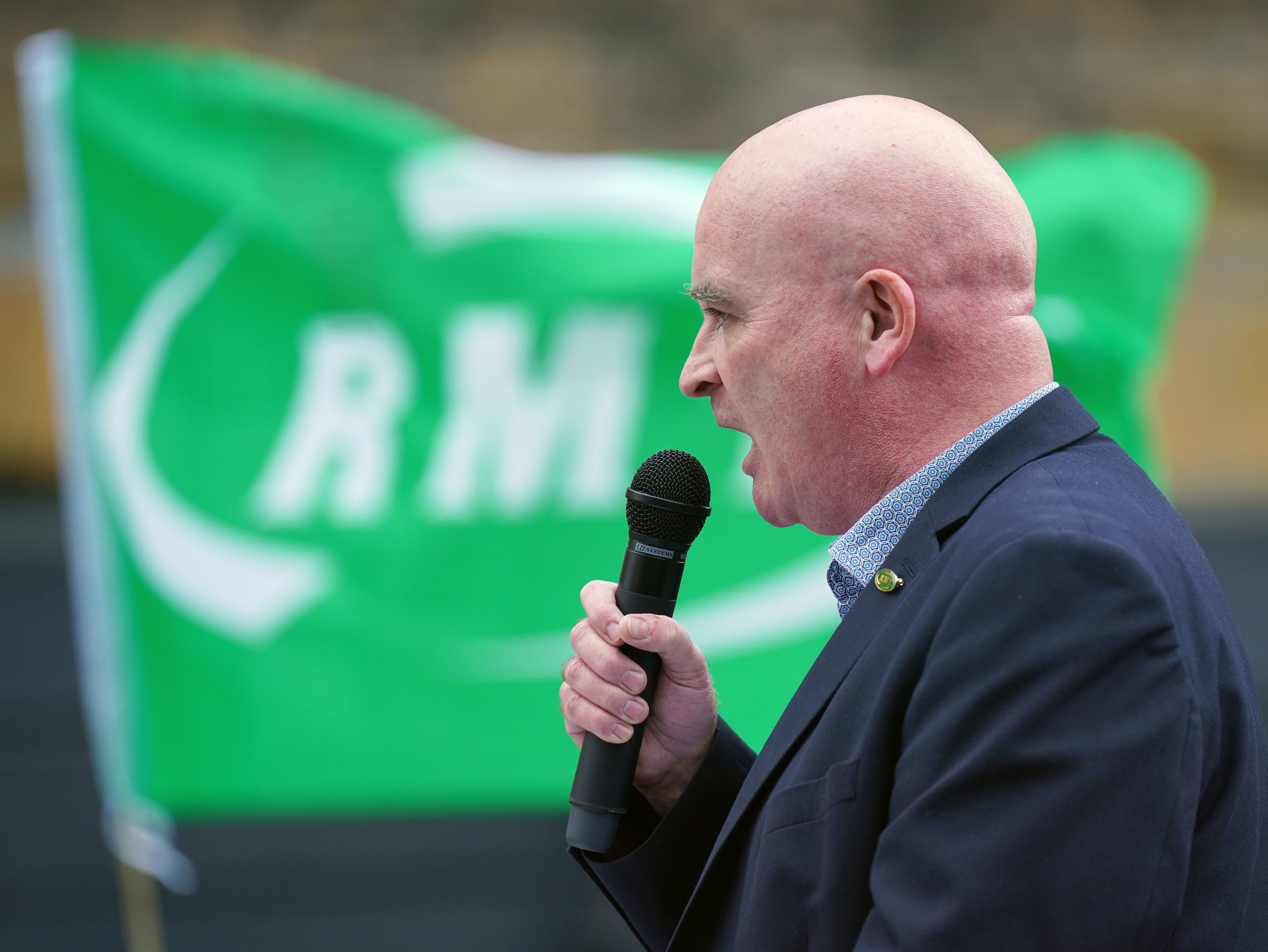Rail bosses spend £10,000 a week on flights – because it’s cheaper than trains
Network Rail Director Michelle Handforth expensed £8,000 worth of domestic flights
Your support helps us to tell the story
From reproductive rights to climate change to Big Tech, The Independent is on the ground when the story is developing. Whether it's investigating the financials of Elon Musk's pro-Trump PAC or producing our latest documentary, 'The A Word', which shines a light on the American women fighting for reproductive rights, we know how important it is to parse out the facts from the messaging.
At such a critical moment in US history, we need reporters on the ground. Your donation allows us to keep sending journalists to speak to both sides of the story.
The Independent is trusted by Americans across the entire political spectrum. And unlike many other quality news outlets, we choose not to lock Americans out of our reporting and analysis with paywalls. We believe quality journalism should be available to everyone, paid for by those who can afford it.
Your support makes all the difference.Network Railbosses splashed £10,000-a-week on air fares last year because it worked out cheaper than getting the train.
Figures showed that staff at the public body - which owns most of the UK’s railway network - bought 985 plane tickets for flights within the UK.
They bought a further 1,622 for international journeys, Freedom of Information data has revealed.
Many of these domestic journeys could have easily been done by rail - outraging green campaigners who pointed out that getting the train is far more environmentally-friendly.
Of the internal flights, 72 were between Birmingham and Glasgow which is served by a direct train line with one-way tickets costing up to £206.
And among the company’s staff, high-flying director Michelle Handforth - who pockets an annual salary of £330,000 - expensed £8,000 worth of domestic flights.
Mike Childs, from Friends of the Earth, told The Sun: “It’s a sorry indictment of the state of rail travel in the UK when industry bosses are choosing to fly.”
The news emerged as rail commuters battle with rising fees and have to deal with services which are frequently disrupted by industrial action.
In March, fares saw their biggest hike in a decade back when they increased by 5.9 per cent, figures obtained by The Sun showed.

Meanwhile, unions including the RMT and Aslef have brought much of the rail network to a standstill over recent months when they walked out as part of a continued dispute with their employers over pay and conditions.
All this came as Network Rail recently blamed strikes and inflation for it recording a £1.1bn loss last year.
The body also saw its net debt grow to £59.1 billion from £56.1 billion over the same period as a result.
A Network Rail spokesperson told The Independent that it will “always encourage our people to travel by rail, but flying is permitted where elements like time constraints are considered”.
Despite this, they said that “some 94 per cent of our business travel is by rail”.
The spokesperson added: “We are competing for top people in a tough global market.
“As a public body, with understandable restrictions on salary and rewards compared to the private sector, we have to be innovative and flexible in order to secure the services of great people from across the internationally competitive market, as we have done here.”
In a later statement, they added: “Most of our international flights were taken by our international consultancy arm, Network Rail Consulting.”




Join our commenting forum
Join thought-provoking conversations, follow other Independent readers and see their replies
Comments